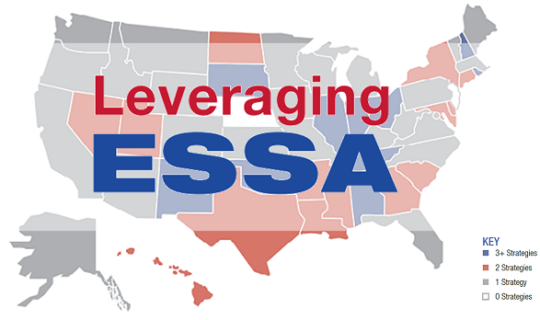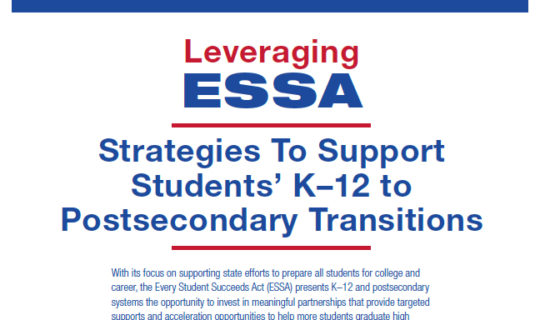Resource: Precollege Interventions Help Increase College Readiness, Reduce Remediation
Lessons Learned from TN SAILS
Student supports offered in high school provide opportunities to speed up by earning college credit through dual enrollment and catch up to fill learning gaps to ensure that students are prepared for credit-bearing coursework when they arrive on campus. This policy brief presents a closer look at one catch up model, TN SAILS, that has shown promising results over the past few years.
Precollege interventions developed through partnerships between higher education can dramatically improve college readiness for all students — helping meet state goals for student success — and can be brought to scale rapidly while streamlining practices across the education system, saving students and taxpayers time and money.
The Seamless Alignment and Integrated Learning Support (SAILS) program, known as TN SAILS, began as a collaborative effort between a single community college and the local high school, designed to increase the number of students who are college ready in mathematics so that they can enter directly into credit-bearing postsecondary coursework. Tennessee developed and scaled the TN SAILS program as a strategy to improve college readiness and reduce remediation at the postsecondary level. The program breaks down the barriers to success by moving the remedial courses students previously took in college into the senior year of high school to ensure that students are college ready when they graduate.
This alignment policy brief series is designed to elevate best practices and inform leaders in higher education about emerging collaborations with K–12. Our first issue focused on the opportunity to leverage rigorous, aligned statewide assessments in high school and use them as early college readiness indicators for placement into credit-bearing courses.







